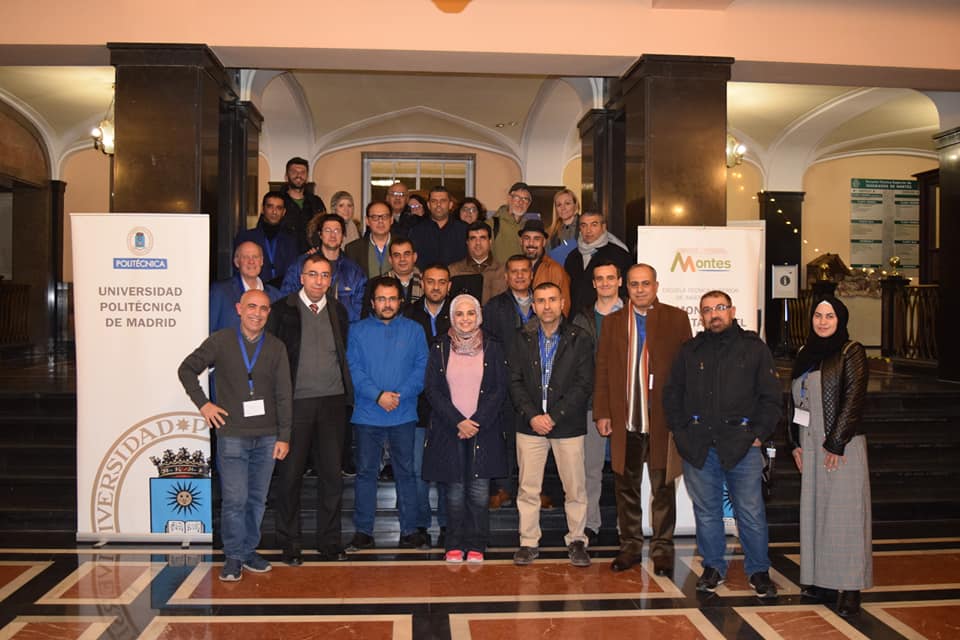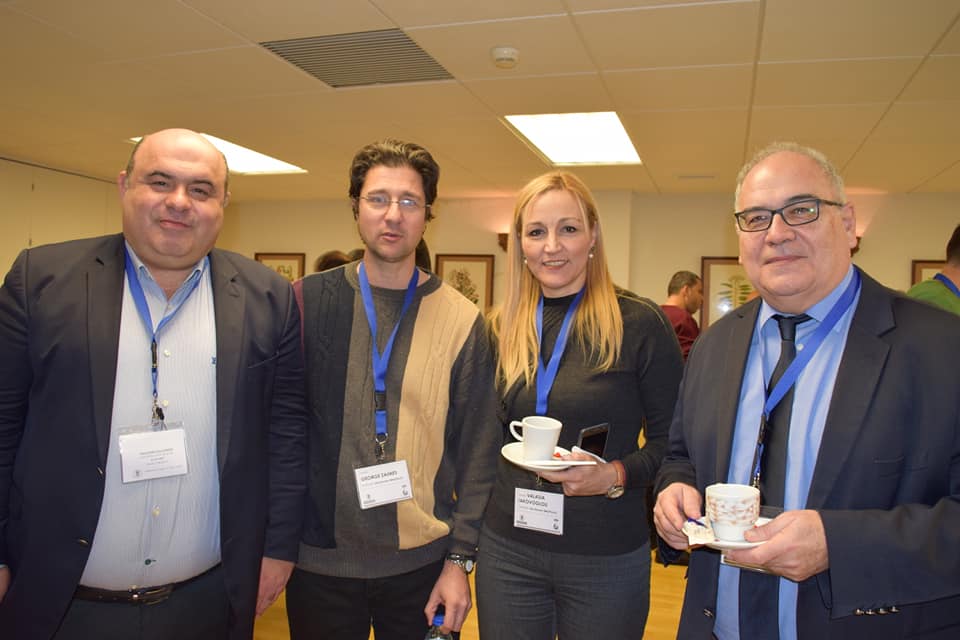WaSec International ERASMUS Project
Innovations in Water Education Programs: Enhancing Water Security and Socio-economic Development in the Eastern Mediterranean under Climate Change
This project will bring together and strengthen the cooperation between companies and universities through the development of new courses in Water Resources Management, while taking into consideration potential climate change impacts, with adaptive learning and teaching methods for the Eastern Mediterranean region. It should lead to a new culture of working relationships among universities and enterprises that will allow universities their better integration within the larger society. In addition, true collaborative efforts with enterprises will provide students support from practical placement, entrepreneurship and employability that will allow graduates to develop capacities that guaranty greater success when joining the labor market. Finally, new and innovative learning and pedagogical approaches will be implemented to offer high quality education and graduates with a cultural, environmental and social identity that utilize water resources sustainability assuring its future while also incorporating climate change impacts. This project that is co-funded by the ERASMUS + Programme of the European Union and for more information check the website: wasec.just.edu.jo, twitter: @CoWasec and Facebook: WaSec Co-Funded by Erasmus+.
First Management and Technical Meeting
The first Management Meeting of the WaSec project was held in Kavala, GREECE, September 4th - 8th, 2019. The Meeting was organized by the International Hellenic University (IHU) (formely T.E.I. Anatolikis Makedonias and Thrakis / EMaTTech). The key players in organizing and hosting this meeting were George Zaimes, Olga Papantsiou, Giorgos Gkiatas, Anastasia Savvopoulou and Valasia Iakovoglou (members of the UNESCO Chair Con-E-Ect). All partners participated in the three-day meeting. During the first day of the meeting the Lead partner of each workpackage presented the accomplished deliverables but also the upcoming deliverables that need to be implemented. All partners agreed that major efforts are required in order to accomplish the deliverables. The second day included field visits to areas were integrated water resources management is implemented. Specifically, the participants visited the Nestos River Delta and Gorge. Both sites are protected by National and International agreements (e.g. Natura 2000 and Ramsar Convention) because of their unique hydrologic conditions and high biodiversity. Both sites have high ecotouristic value. One of the major concerns of the Delta are the impacts of upstream dams that have enhanced coastal erosion and seawater intrusion. During the field visit the participants evaluated on how a course with hydrological and ecological fieldwork in river systems could be taught. During the last day the Steering, Scientific and Quality Committee and Subproject Working Group had meetings.
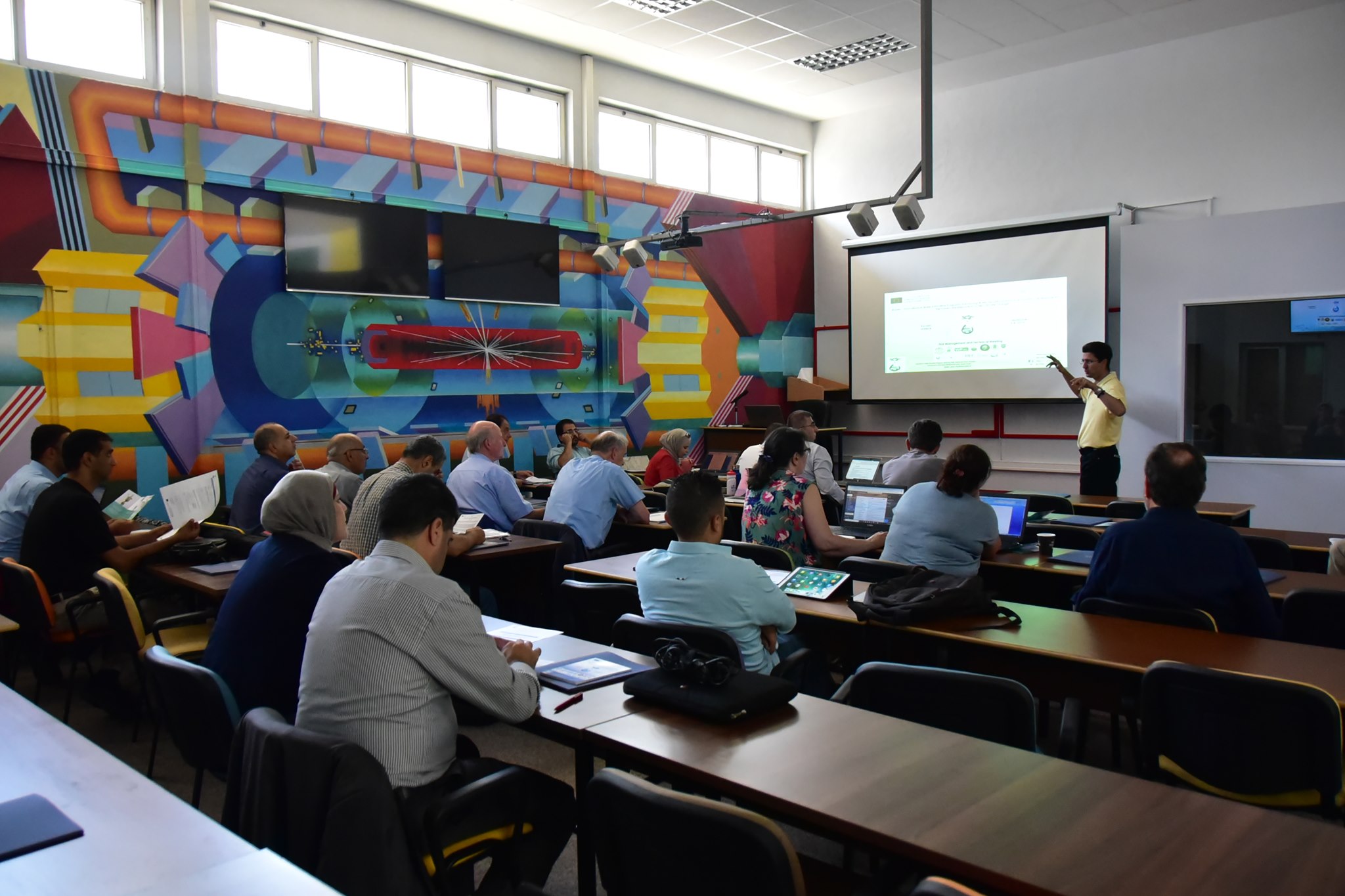
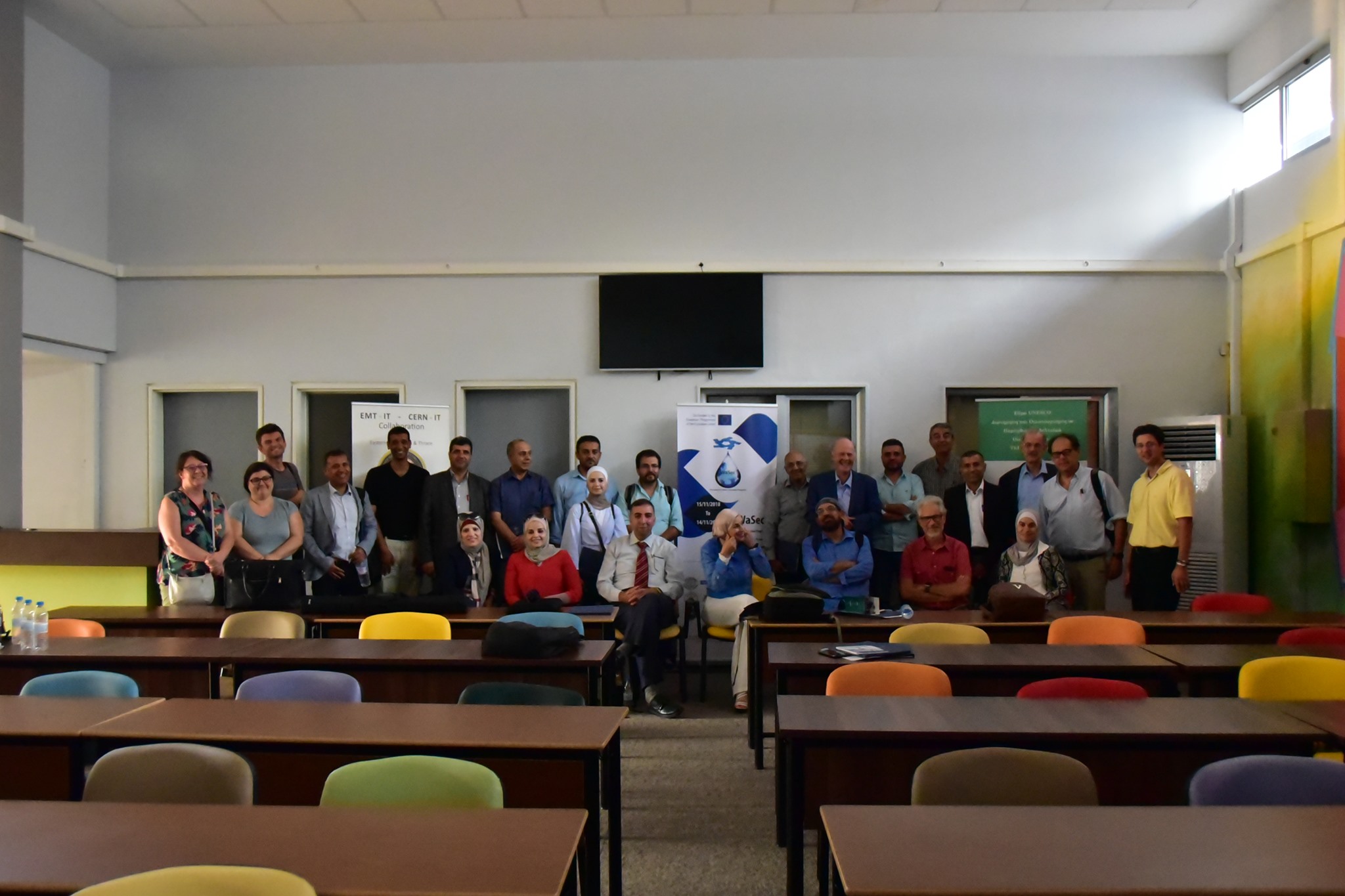
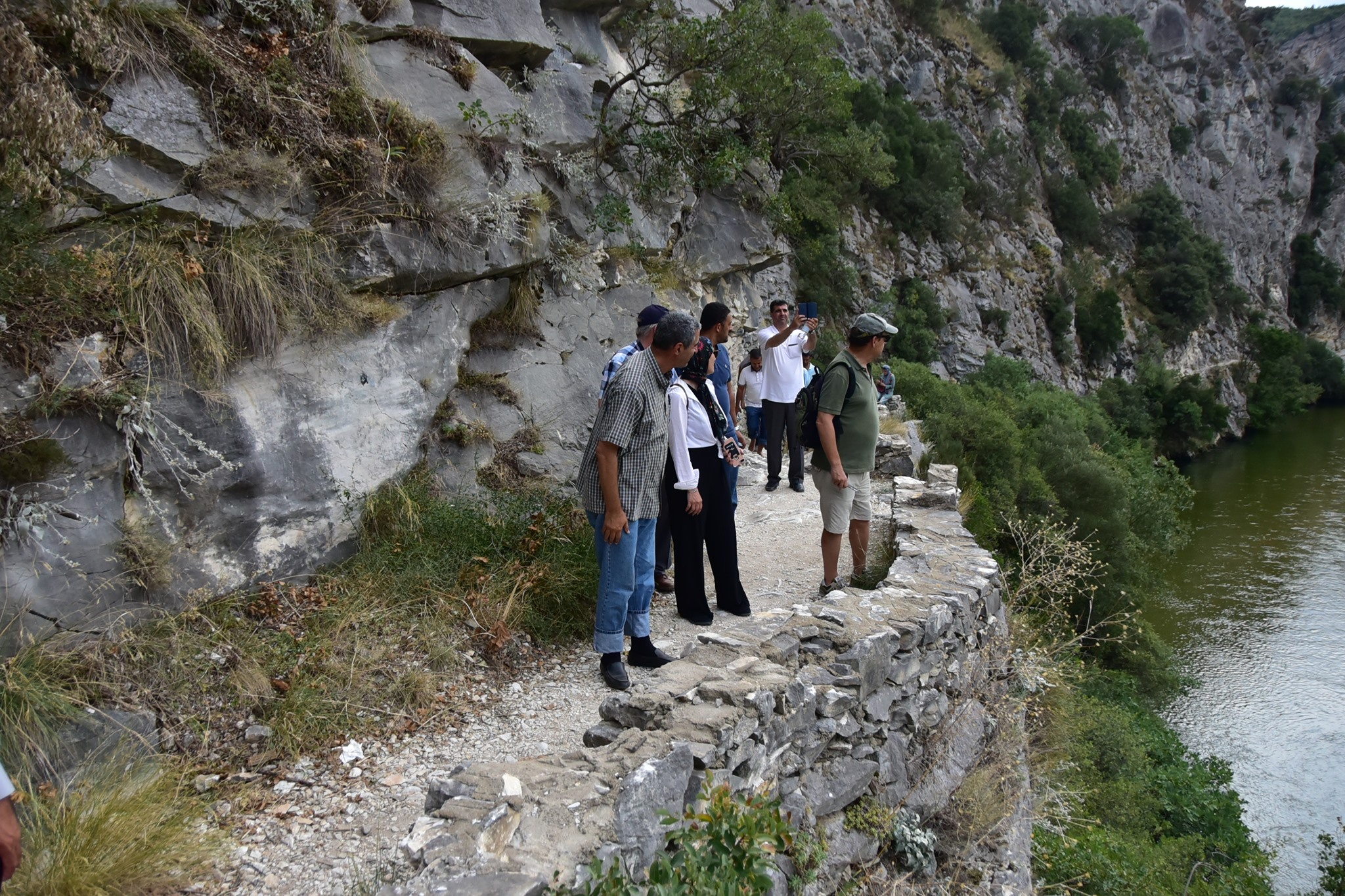
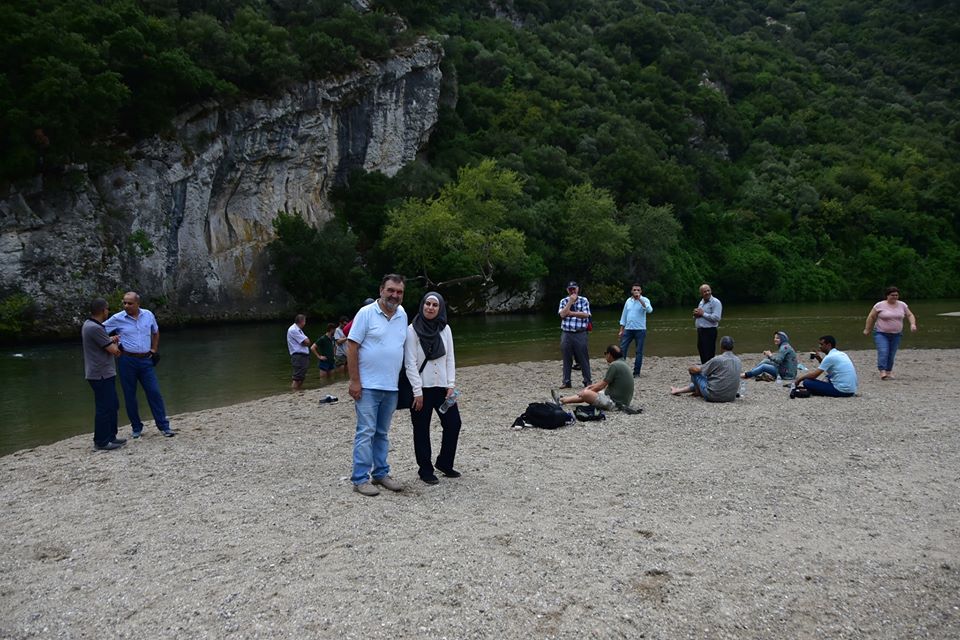
Second Management and Technical Meeting
The second Management and Technical Meeting was held in Madrid, SPAIN in December 11th13th, 2019, hosted by the Universidad Politécnica de Madrid and organized by Jose Luis Garcia Rodrigues and Martin Gimenez. All partners, participated and during the first day of the meeting the progress of each workpackage was presented. During the second day a workshop was held were public authorities and private companies presented on sustainable water management practices in Spain and the Eastern Mediterranean. Specifically, Fernando Magdaleno from the Ministry for the Ecological Transition, Leonor Rodríguez and Miguel Marchamalo from the UPM Water Alliance, Enrique Fernández Escalante, José María González Ortega and Eduardo Pastor from Grupo Tragsa, Natalia Garcia Estevez/ Carolina Ferrandis Pomés from Acciona and Subhi Samhan from the Palestinian Water Authority. From the workshop new working relationships were established with public authorities and private companies that work in water management. In addition, these organizations could provide examples of successful water management for the course modules of the WaSec project while also providing feedback the applicability of the modules.
